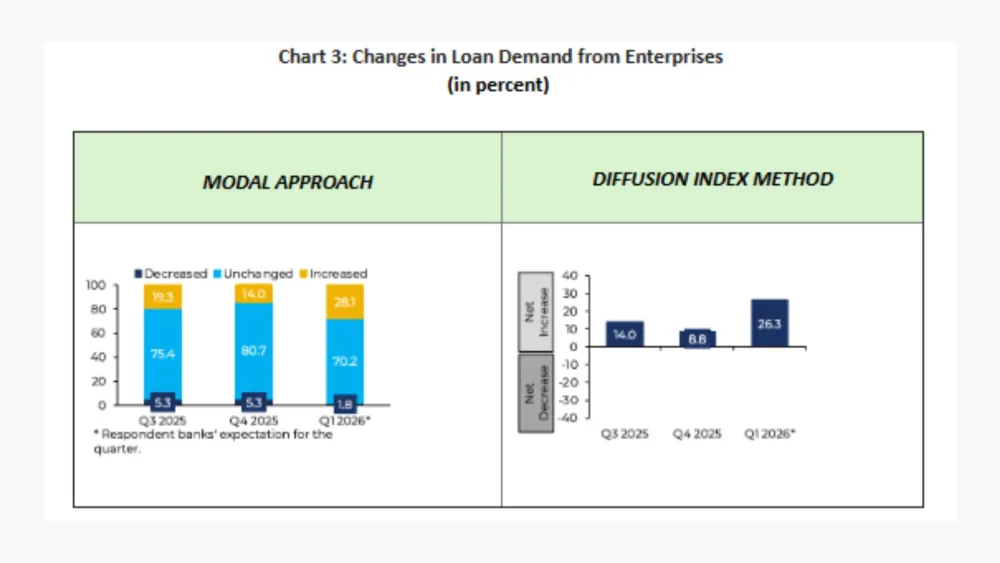Insurers turn to private markets for higher returns
Amidst economic uncertainty, insurers seek diversification and higher returns through private market investments.
A significant shift towards private markets is seen among insurers, driven by macroeconomic conditions that prompted insurers to seek better risk-adjusted returns compared to traditional investments.
Robert Ronneberger, Asia Head of Investment Sales at Mercer, said that examples of the macroeconomic conditions that the industry has been facing in the last few years include higher volatility, inflation, and shifting interest rates.
Ronneberger emphasised the unique benefits that private markets bring to the table. "Private markets, that sort of asset class, become very attractive because of the enticing opportunity set that it brings along, for example, diversification, low volatility and higher cash returns."
Specifically, he pointed out the role of private debt in this trend. "It's interesting because it evolved from a surplus investment idea to a core portfolio holding for pretty much most of the insurance companies."
Ronneberger noted a convergence between the yields from private equity and private debt, driven by rising borrowing costs. "Our clients at this point really want to capitalise on those yields that are the two-decade high," he stated.
He detailed the composition of returns in private debt, which includes a base rate, a spread compensating for illiquidity and credit risk, and the original issue discount. "In a higher rate regime that we are currently in, this is actually a net positive for investments in private debt."
The conversation also touched on regulatory impacts on investment decisions. Ronneberger highlighted the challenges and opportunities arising from new regulatory frameworks like the Risk-Based Capital (RBC) regimes. "We have just published a report with our sister company Oliver Wyman on insurance investments, and 61% of the respondents here regard regulatory requirements as a key challenge," he shared.
Despite these challenges, private debt has emerged as a favourable asset class under these regimes, mainly because "insurance companies do not have to hold additional capital to compensate for the liquidity risks."



















 Advertise
Advertise








Commentary
Asia’s banks hold the mandate to innovate. Now they must earn it.
Why Asia's banks are rebuilding their credit infrastructure in 2026
Banks retreat, private credit advances: Asia Pacific’s quiet lending revolution
Human Sparsity Blockchain: A citizen-validated ledger for digital finance supervision
Will stablecoins disrupt the banking business?
Digital transformation starts with leadership